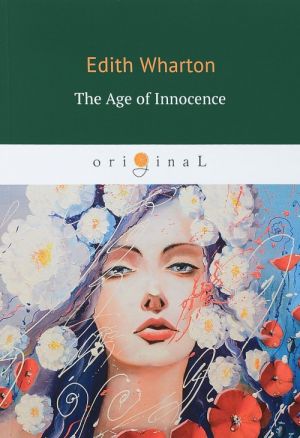Winner of the 1921 Pulitzer Prize, The Age of Innocence is Edith Wharton's masterful portrait of desire and betrayal during the sumptuous Golden Age of Old New York, a time when society people "dreaded scandal more than disease." At its core, 'The Age of Innocence' is story that shows the strength and the orchestrated customs and mores of social upper-class society of the 1870s, but also shows its narrowness, its contradictions, and its inflexibility. Edith Wharton's novel is beautiful and a classic, but it is also timeless because she perfectly captures the emotions and the contradictions that exist in this type of change, this tension as one age dies and another is born.
Winner of the 1921 Pulitzer Prize, The Age of Innocence is Edith Wharton's masterful portrait of desire and betrayal during the sumptuous Golden Age of Old New York, a time when society people "dreaded scandal more than disease." At its core, 'The Age of Innocence' is story that shows the strength and the orchestrated customs and mores of social upper-class society of the 1870s, but also shows its narrowness, its contradictions, and its inflexibility. Edith Wharton's novel is beautiful and a classic, but it is also timeless because she perfectly captures the emotions and the contradictions that exist in this type of change, this tension as one age dies and another is born.













